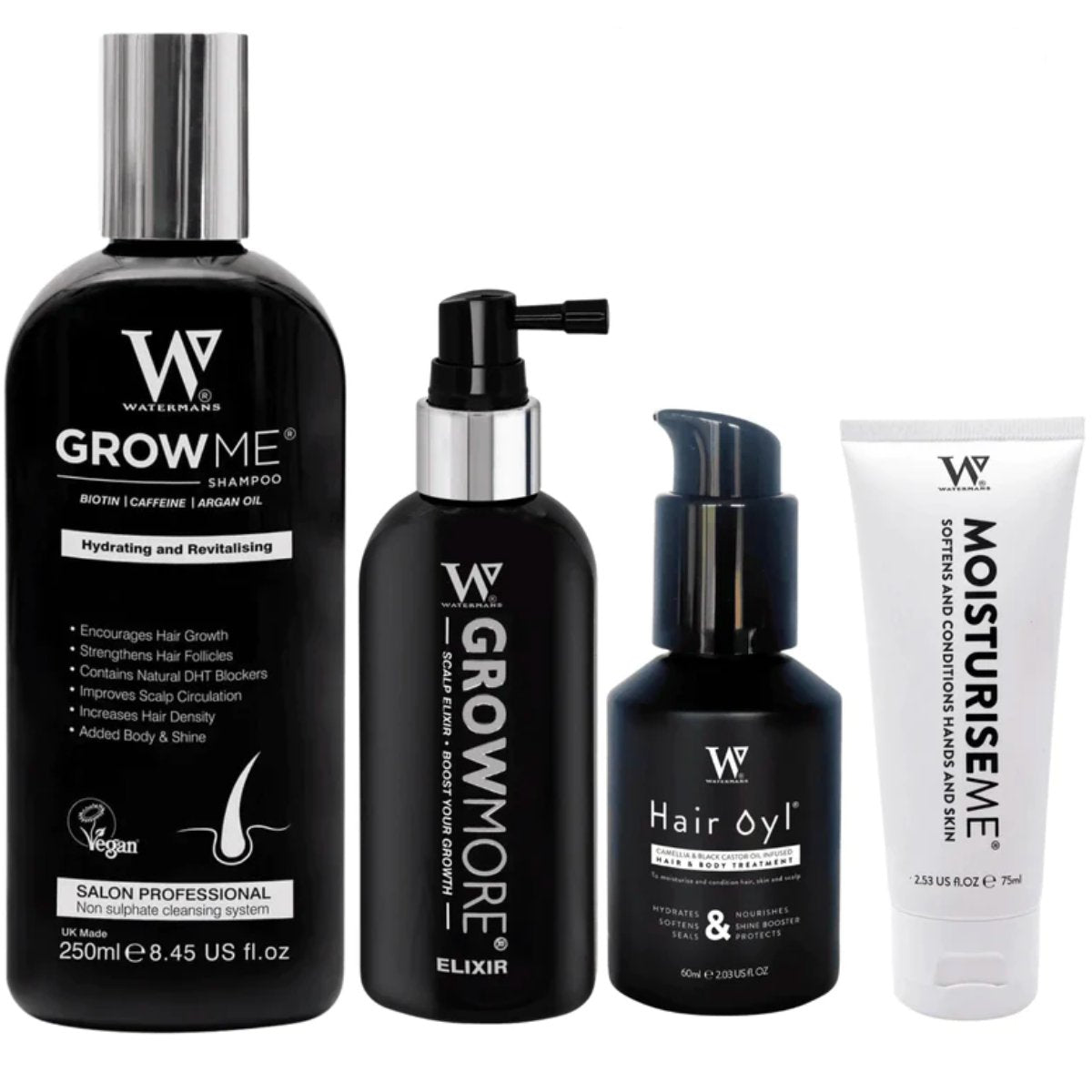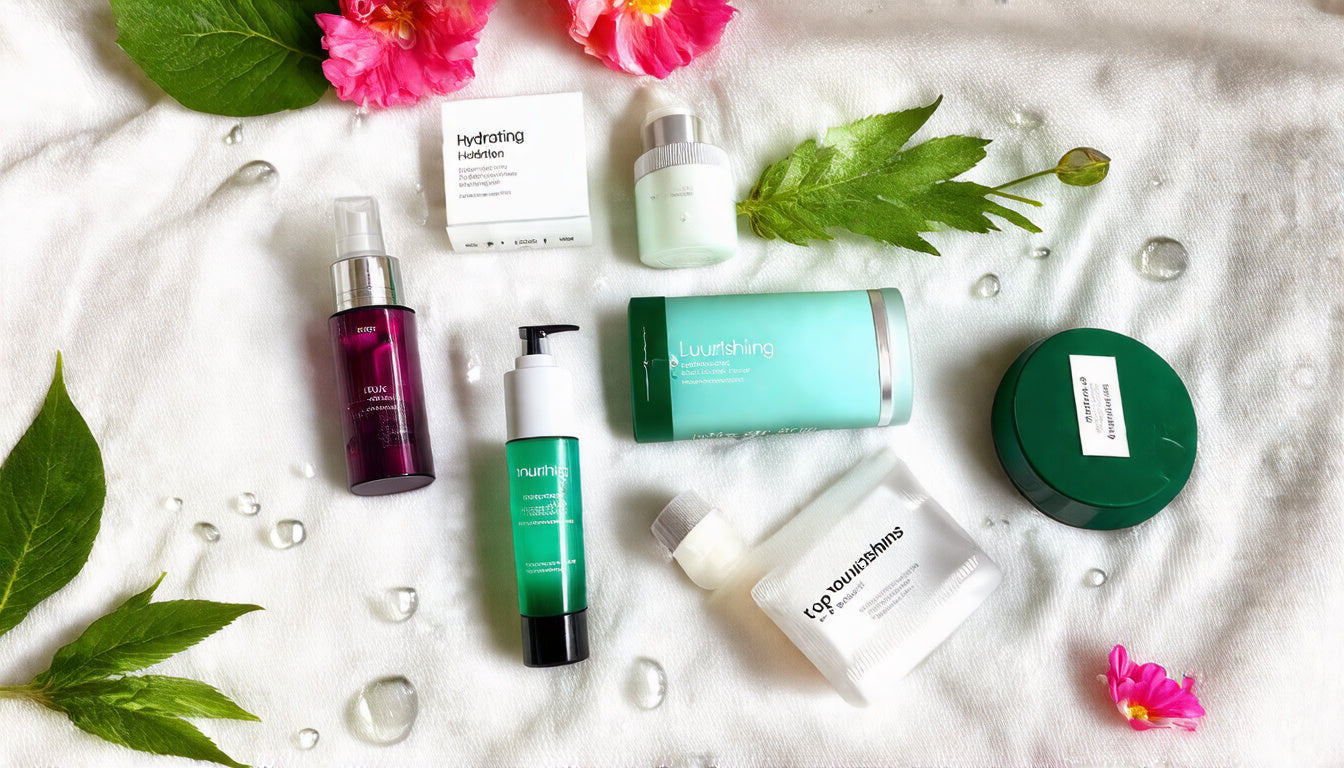
Unlocking the Secrets of Your Skin Microbiome: Insights from a Dermatologist
Your skin is much more than a protective outer layer—it's a bustling ecosystem teeming with millions of microscopic organisms. From bacteria and yeast-like fungi to tiny mites, these microorganisms coexist on your skin, playing a vital role in maintaining your skin's health. Understanding the skin microbiome can unlock new strategies for effective skincare and overall skin wellness.
What Is the Skin Microbiome?
The skin microbiome refers to the collection of microorganisms residing on the skin’s surface. This ecosystem varies significantly across different regions of the body:
- Oily areas like the forehead and nose host microbes adapted to produce and thrive in higher sebum levels.
- Dry regions such as the cheeks have a different microbial composition suited to less oily conditions.
- Moist zones around the mouth and eyelids support organisms that flourish in higher humidity.
This delicate balance between different microbes shapes how healthy your skin remains.
Why Is Skin Microbiome Balance Important?
When your skin’s microbiome is in harmony, it quietly supports many crucial functions:
- Enhances skin barrier function, preventing harmful substances and pathogens from penetrating.
- Maintains skin hydration and resilience.
- Modulates inflammation, reducing the risk of skin conditions.
However, when this balance is disrupted, the consequences become apparent with common skin ailments such as:
- Acne
- Rosacea
- Seborrheic dermatitis
- Psoriasis
- Skin infections
The microbiome acts as your skin’s “barrier of the barrier,” an essential line of defense beyond the physical barrier your skin provides.
Advances in Skincare: Supporting the Microbiome
Recent dermatological science is turning its focus toward nurturing the skin microbiome rather than just cleansing or treating symptoms. Supportive skincare ingredients and formulations include:
- Ceramides: Strengthen skin barrier function and help maintain a healthy microbiome environment.
- Hydrators: Proper moisture levels foster balanced microbial populations.
- Prebiotics: Ingredients that promote the growth of beneficial microbes on the skin.
Some brands now offer innovative products with microbiome-supporting technology, such as specialized gels and face washes designed to maintain the skin’s natural organism balance. This highlights the importance of selecting gentle cleansers and skincare routines aimed at protecting—not stripping—the microbiome.
How to Protect Your Skin Microbiome
Choose the Right Cleansers
Avoid harsh, overly drying products that disrupt the microbial balance. Opt for cleansers formulated with ingredients that nurture the skin’s ecosystem.
Hydrate and Repair
Use moisturizers rich in ceramides and humectants to keep your skin barrier strong and hospitable for beneficial microbes.
Incorporate Prebiotics
Seek out skincare with prebiotic components to actively support and feed the good bacteria on your skin.
Your skin’s true first line of defense lies in maintaining a balanced microbiome. Harnessing the power of this microscopic community through thoughtful skincare choices offers a new path to healthier, more resilient skin.
For those interested in exploring hair and skincare products that promote overall skin and scalp health, Watermans provides a range of solutions designed with a focus on natural and effective ingredients.
By understanding and respecting your skin microbiome, you unlock a natural ally in the quest for radiant, healthy skin.













